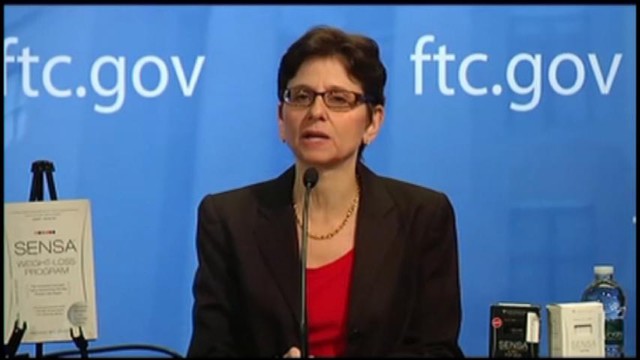The Federal Communications Commission (FCC) is making some moves internally that are going to allow the agency to take on a much larger and more active role in fighting hackers and increasing cyber security. These roles have traditionally been filled by law enforcement, intelligence agencies and the military, but the FCC seems to want to get involved on a greater scale as well going forward.
What exactly this means has not yet been announced, but according to information shared by both current and former agency officials, it will be much more hands on. The move likely comes as a response to many of the recent attacks on banks, large retailers and even government websites. Since communications generally, and the Internet specifically, are used so extensively in commerce today, the agency seems to believe that they should be involved in the fight.
Many people think this will cause some departmental conflict between other agencies including intelligence areas and the homeland security department. The FCC, however, seems more interested in protecting the nations communications infrastructure, and in order to do that, they need to have a more significant role in cyber security.
The FCC Chairman is reported as having said, “I do not intend to be sitting in the chairmen’s seat when a major cyber attack occurs, having done nothing.”
David Bray, who was a top official from the Office of the Director of National Intelligence, was recently appointed as the chief information officer of the FCC. He had written a FCC blog post in which he said, “For those of us who use the Internet to engage in public and personal transactions, it is a quality assurance concern that our digital communications on the public infrastructure be kept both secure and private.”
The FCC has also made some other changes to their staffing, further beefing up their resources in this area. Adm. David Simpson was recently named chief of the Public Safety Bureau. He is a former vice director of the Defense Information Systems Agency. An entirely new position was also created with the title of “Chief Counsel for Cybersecurity.” This position is being filled by Clete Johnson, a Senate Intelligence Committee staffer.
Going back as far as 2009, the FCC has had at least some interest in the field of cyber security. At that time James Barnett was appointed as the head of the FCC’s public safety bureau, where he created the Cyber security and Communications Reliability Division. He has said, “Whether it’s cable, wireless or wireline, there is a tremendous body of knowledge at the FCC that just does not exist at DHS. They collaborate with us. We collaborate with them. The FCC is consulted on networks.”
Clearly the hope is the FCC will have a larger role, working alongside many other government and non-government agencies in the escalating battle against cyber attacks and hackers.
Hopefully this is a sign that the FCC, and possibly other agencies, are starting to take this threat more seriously. Over the past several months there have been quite a few examples of how digital attacks can affect individuals, businesses and even the government in direct and costly ways.




